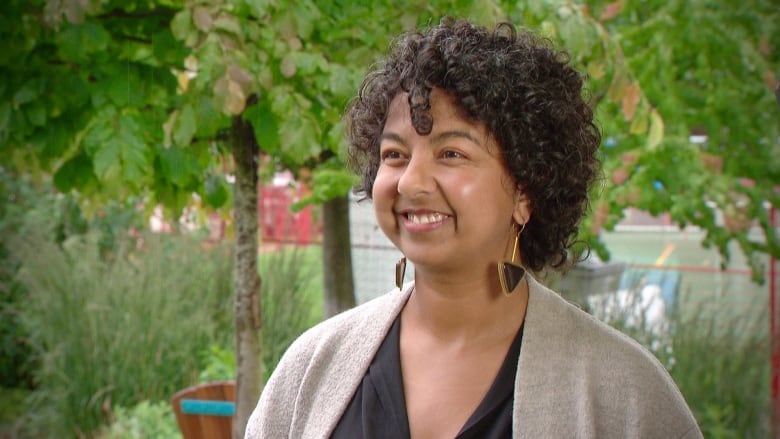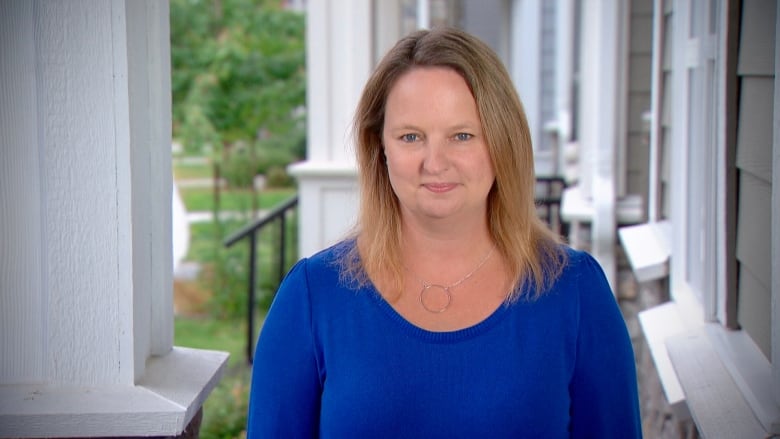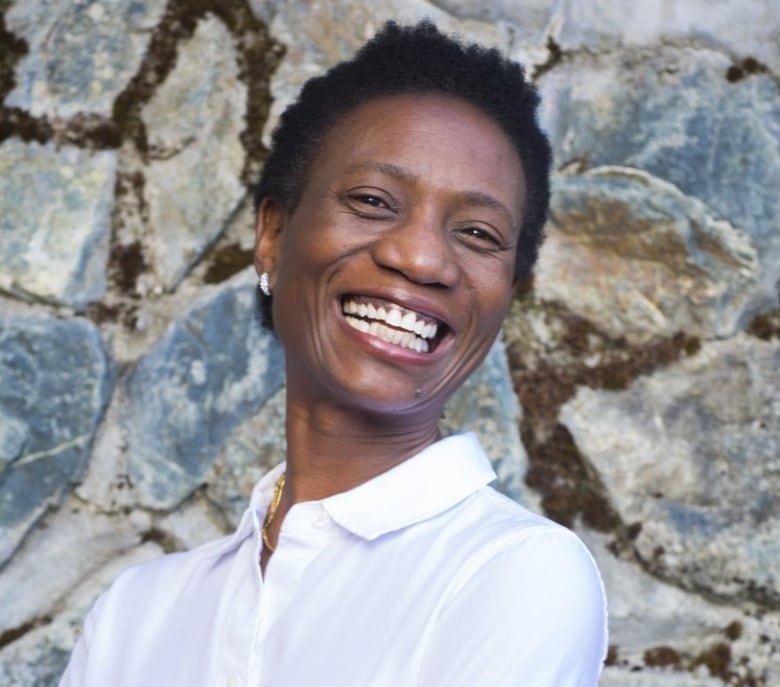Path to ending systemic racism requires rethinking everything, say advocates
Policing, education and deeply rooted white privilege are all areas that need change

The path to ending systemic racism won't be simple or clear, but it's necessary and will require leaders to do the hard work of re-evaluating every policy, everywhere, say advocates.
"We have had the conversations but we have not brought about the structural changes that are needed," says Indira Prahst.
After teaching and talking about racism for more than two decades, the Langara College instructor says seeing "the outrage" from the public has made herhopeful a shift is finally about to come.
For policy makers, Prahst says, it beginsby looking at the blueprints guiding everyinstitution, from police to the education system.
"If we want to bring about the change, it's not just the police officer," say says. "It is the rules and regulations that they're guided by who makes them and who are they reflective of."
WATCH | Indira Prahst explains why the language around racial diversity needs to change:
She and others likeJennifer Reddy, a social justice advocate and Vancouver School Board trustee, say a holistic approach is required if we're serious about dismantlingsystemic racism.
Previous efforts by government and organizations that have tried "piecemeal approaches" like offering one-day workshops on unconscious bias aren't enough, she says.
"People are dying because of anti-Indigenous and anti-Black racism," says Reddy. "It has to be embedded in interrogating our everyday decision-making systems."
She says we need to question who benefits, who is left out, and who certain policies were informed by.

Representation in positions of power
From Vancouver Mayor Kennedy Stewart to the prime minister, leaders at all three levels of government have acknowledged the reality of systemic racism and have said they are taking steps to address it.
In an interview with CBC News, Citizens' Services Minister Anne Kangsays because systemic racism "didn't just happen overnight," it will take time to tackle and require effort from everyone.
"I want to really emphasizethat government alone can't eliminate racism, but ... all of us working together we can do this," saysKang.
However, critics saymore input from diverse communities is needed, considering the lack of representation among those who wield influence.
"There's a lot of non-racialized folks in those positions of power deciding what the next step should be," points out Reddy.
She says more support needs to be provided so people of colour have equal opportunities to rise to those positions and break glass ceilings.
Once they're there, Prahst says protections need to be in place so people of colour aren't fearful to voice concerns about structural racism.
Role of white privilege
Until there is a more equitable distribution of power,leaders like Katie Rosenbergersays they need to examine their white privilege.
"It really is the groundwork that we need to do as white folks, as leaders of organizations, before we can then start to meet those other changes," says Rosenberger, CEO of the Affiliation of Multicultural Societies and Service Agencies of B.C.

Her organizationand the province'sMulticultural Advisory Council of B.C. havebeen pushing for the collection of race-based data.
She saysthat's a clear place where governments can begin to fill in information gaps and hold organizations accountable to equality initiatives.
"We need to see where people are being included, where people are not being included and the impact of the racism that is systemically built within our institutions," she says.
Without that data, she says we're getting"colour blind policy" when some ethnic groups are disproportionately disadvantaged.
Kangsays the province sees the urgency for this data.
She says Premier John Horgan is "on board" with the idea but she could not give an exact timeline on the initiativeother than it will be "very very soon."
Focus on education
Silvia Mangue Alene of the B.C. Black History Awareness Societywants the province to make the history of ethnic minorities mandatory learning in schools.
Ideally, she says Black teachers should be teaching those histories to share their lived experience.
And if there aren't enough Black teachers, she says, instructors could be brought in forthose lessons.

Prahst and Reddy are in agreement, addingpolicies need to be in place so that prospective Black and Indigenous teachers are supported throughout their education so they can fill those roles.
Mangue Alenesays theMinistry of Education has already been in touch with her organization, leaving her optimistic.
In addition to changes to education, she'shoping to see the province formally recognize theUN International Decade for People of African Descent something the federal government has already done.
It recognizes the legacy of slavery against the Black community and colonial history.
"When this is recognized then we can proceed on creating policies or look at those policies that are racist," she says.













_(720p).jpg)


 OFFICIAL HD MUSIC VIDEO.jpg)
.jpg)



























































































